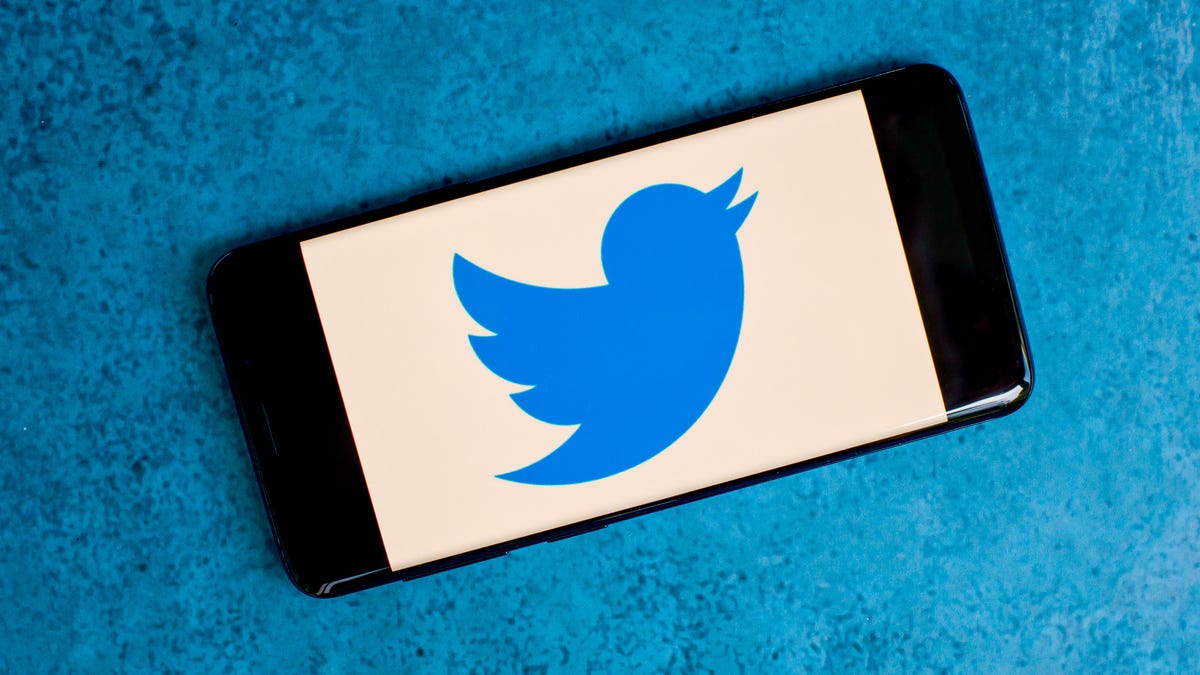Twitter drafted a deepfake policy and wants you to weigh in
The social media site is working on new rules to protect users from manipulated, misleading videos.

Twitter is creating a plan to get ahead of deepfake technology that could spread on the social media platform. It plans to enact new rules to help protect users against deliberate attempts to mislead people through manipulated media, Del Harvey, Twitter's vice president of trust and safety, wrote in a Monday blog post. It's put together a draft proposal on deepfakes and is seeking feedback from users, as well as policymakers and local nongovernmental organizations.
In the post, Harvey included a draft of what actions Twitter plans to take when "synthetic and manipulated media" are used to mislead or confuse people. Deepfakes are video forgeries that make people appear to do or say things they didn't do or say in reality. They use a type of facial recognition technology to layer identities so intricately that you don't suspect falsehood. And while some deepfakes are silly and fun, others can be misleading and even abusive.
Twitter might place a notice next to tweets that share deepfakes, warn people before they share or like tweets that are deepfakes, and add links to news articles or Twitter Moments so that users can read about why various sources believe the item is a deepfake, according to the post.
Deepfakes caught the attention of Congress last year, and a bipartisan group of House members penned a letter urging lawmakers to take the machine learning-powered forgeries seriously and stop them.
The letter came on the heels of nation-states' continued efforts to spread misinformation on social media, whether it's through hoaxes and fake outrage or by posing as activist groups. A video from BuzzFeed and filmmaker and actor Jordan Peele last year demonstrated how easy it was to forge a convincing video of former US President Barack Obama.
This past October, California Gov. Gavin Newsom signed into law two bills intended to put the brakes on deepfakes. One, AB 730, makes it illegal to distribute manipulated videos that aim to discredit a political candidate and deceive voters within 60 days of an election. The other, AB 602, gives Californians the right to sue someone who creates deepfakes that place them in pornographic material without consent.
Users can give Twitter feedback in a survey, which closes Nov. 27, or with the hashtag #TwitterPolicyFeedback. Twitter had no further comment on the news.
Originally published Nov. 11.
Update, Nov. 12: Adds more background on deepfakes.

